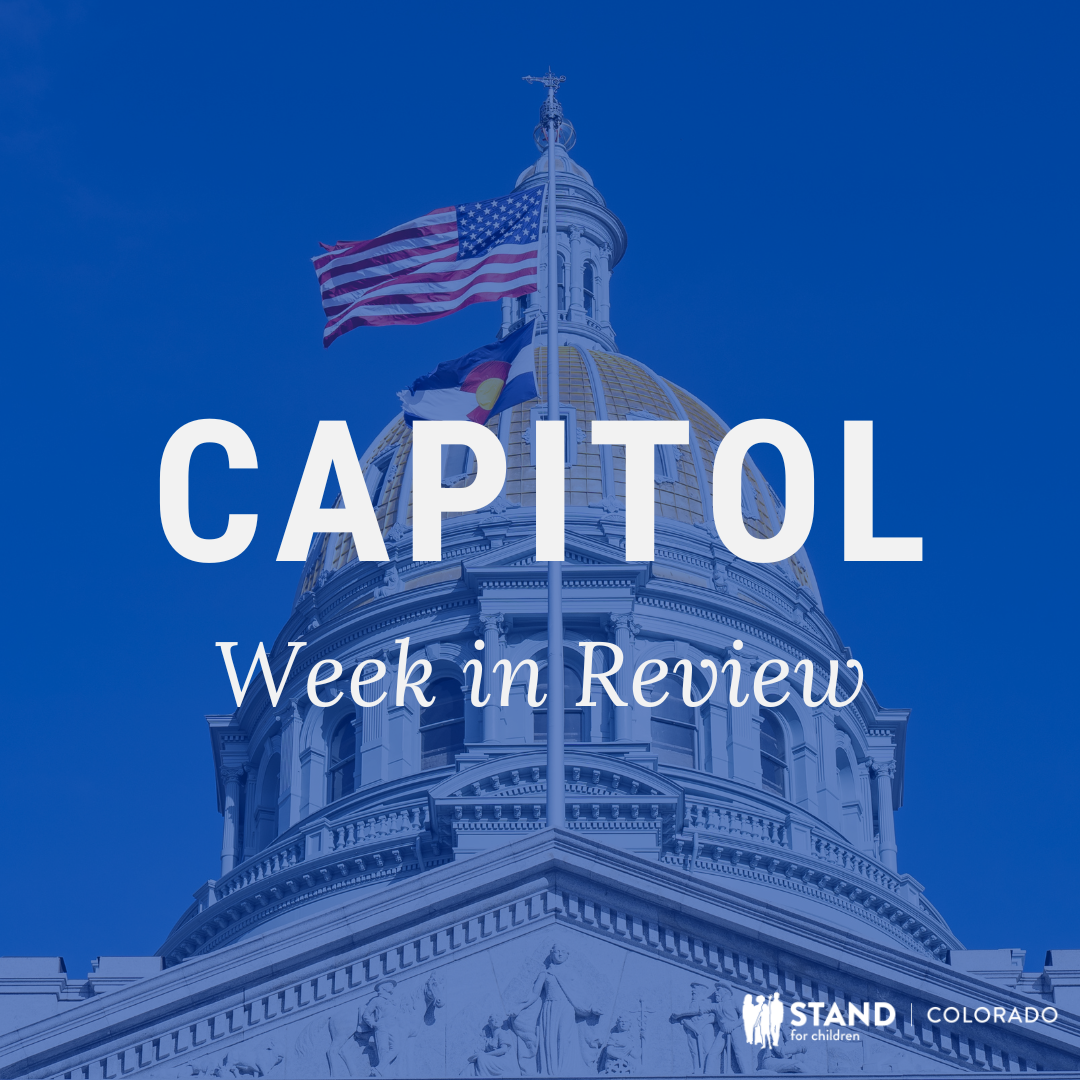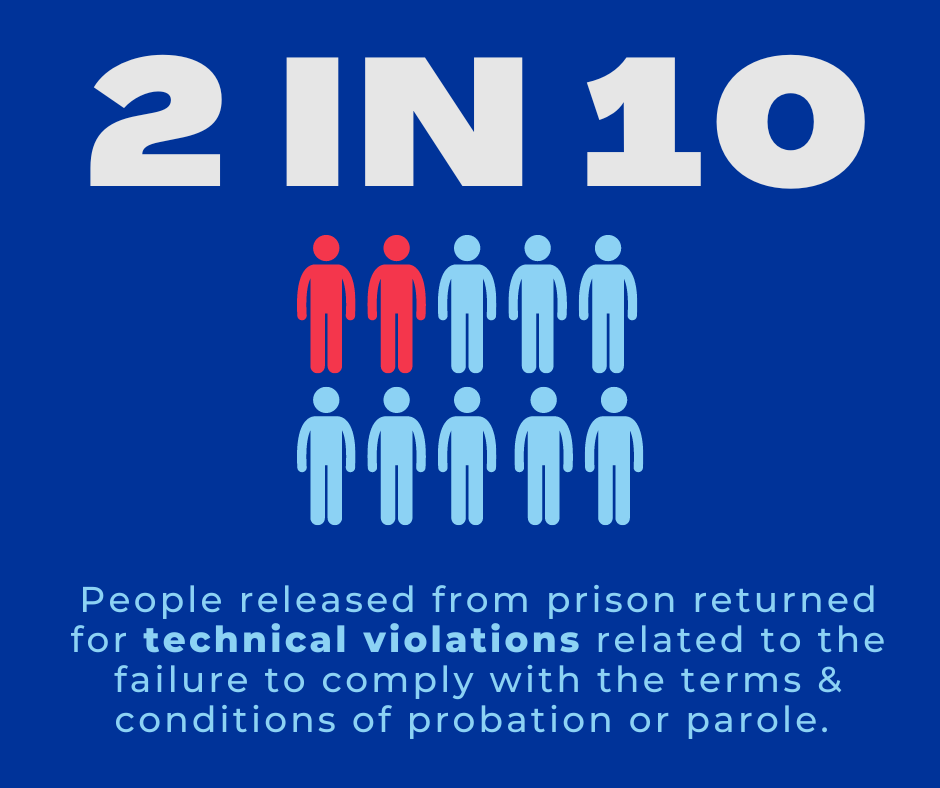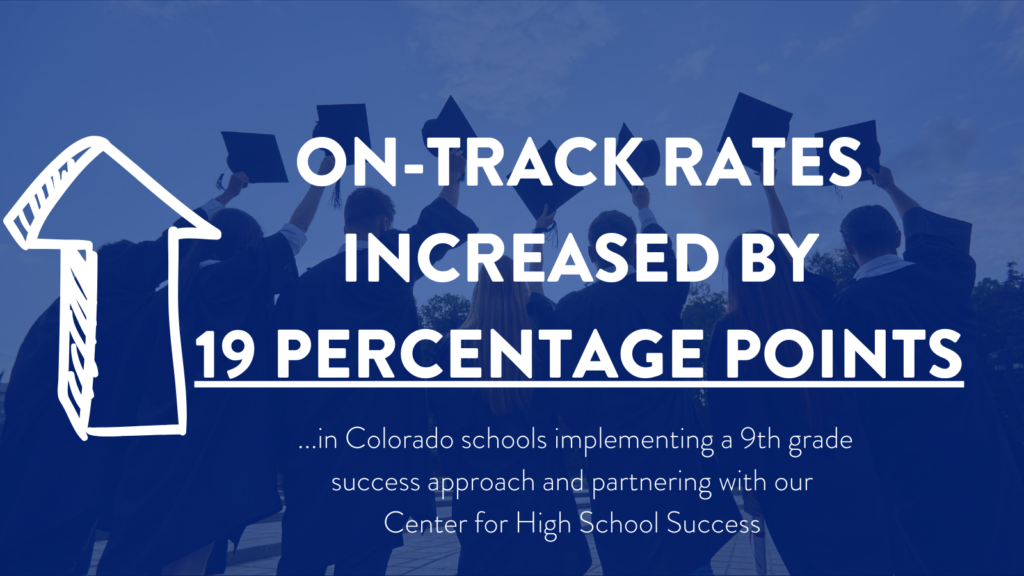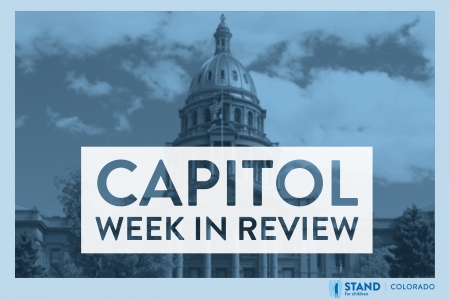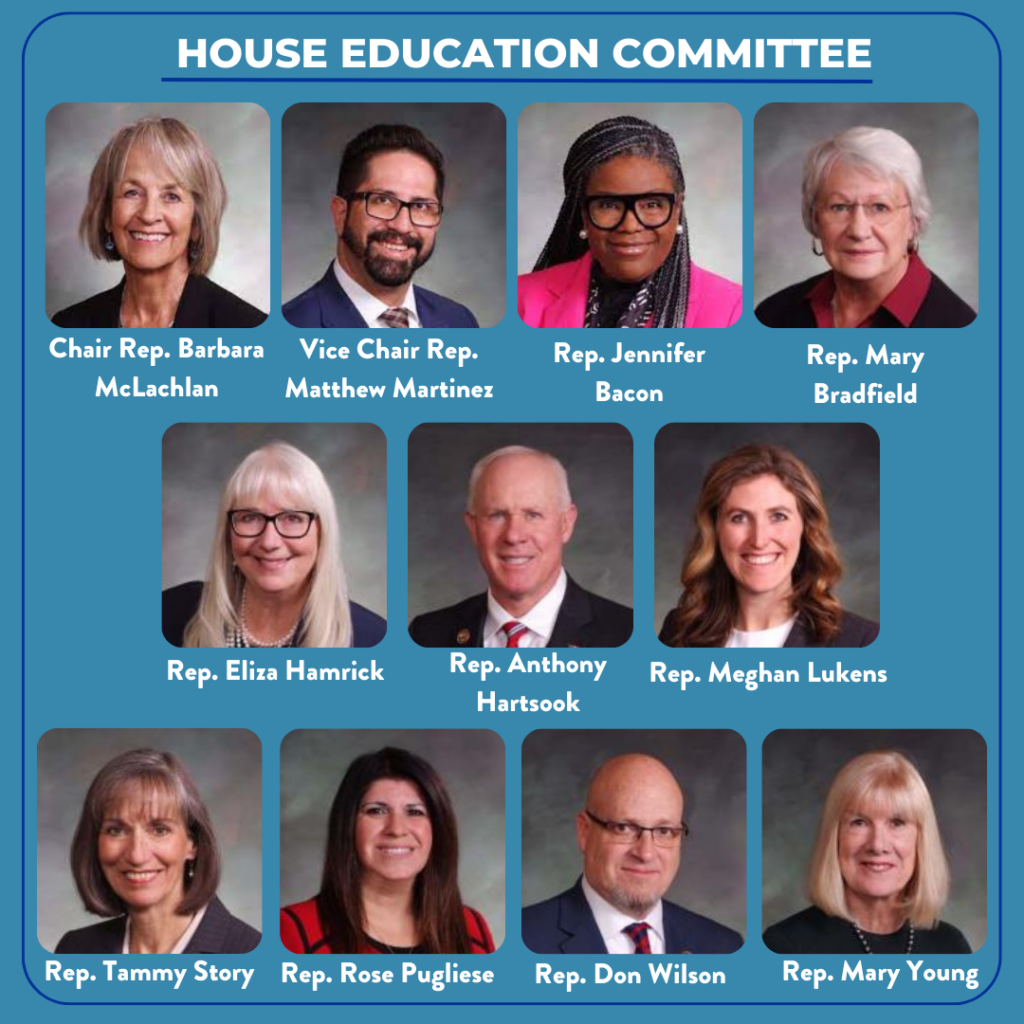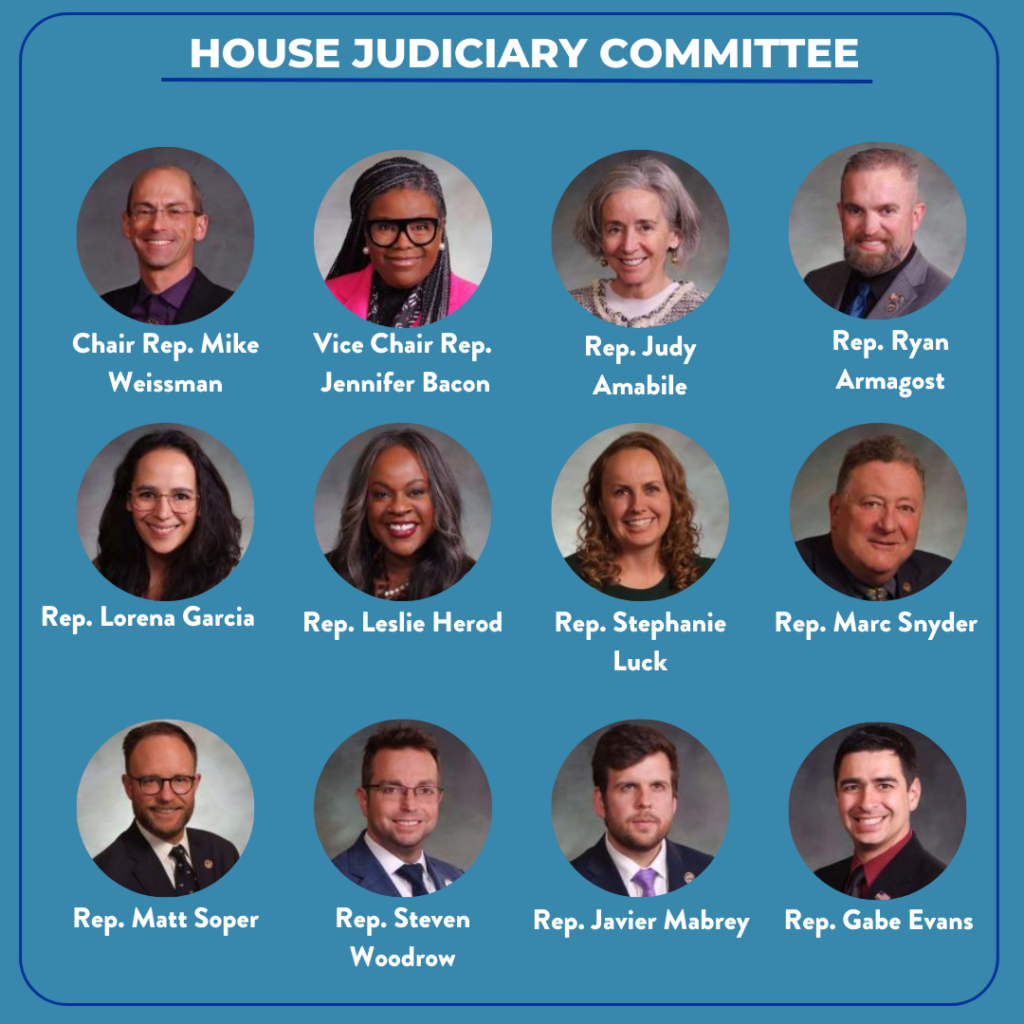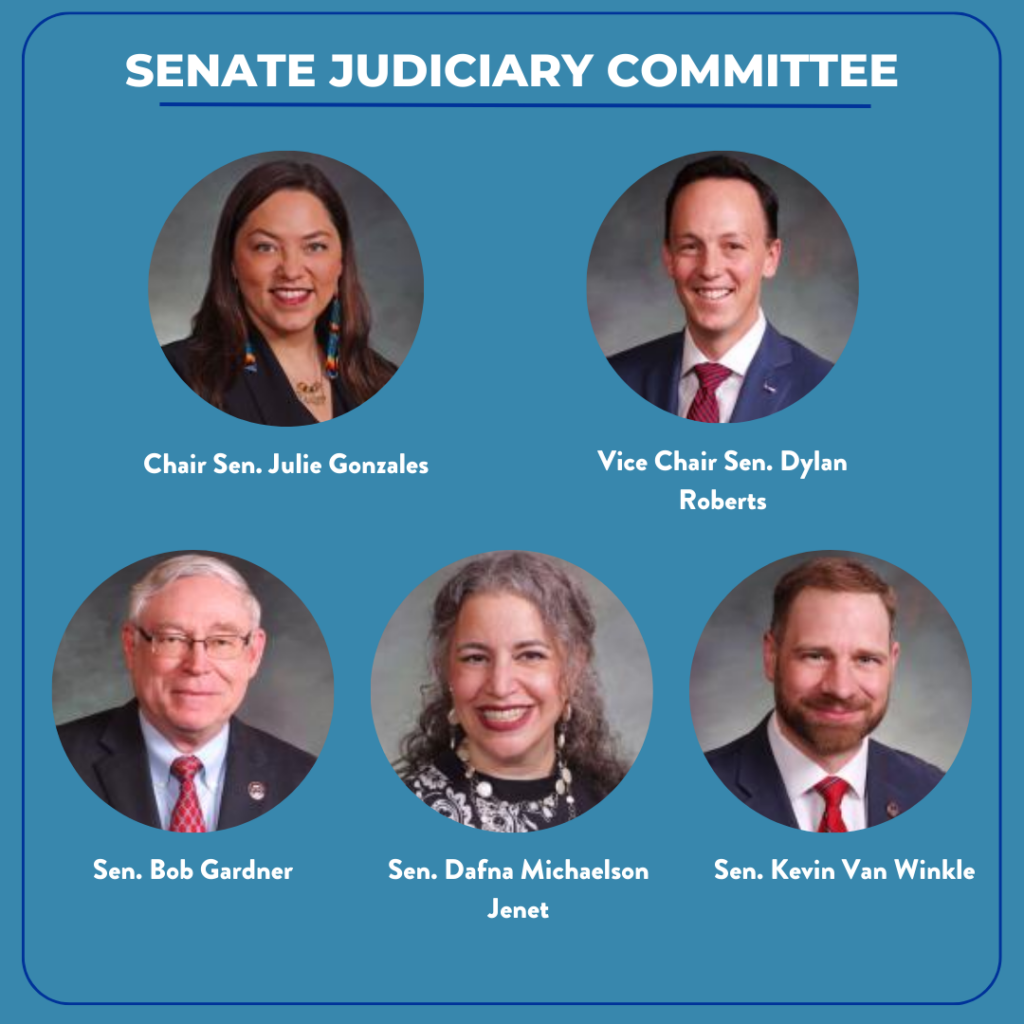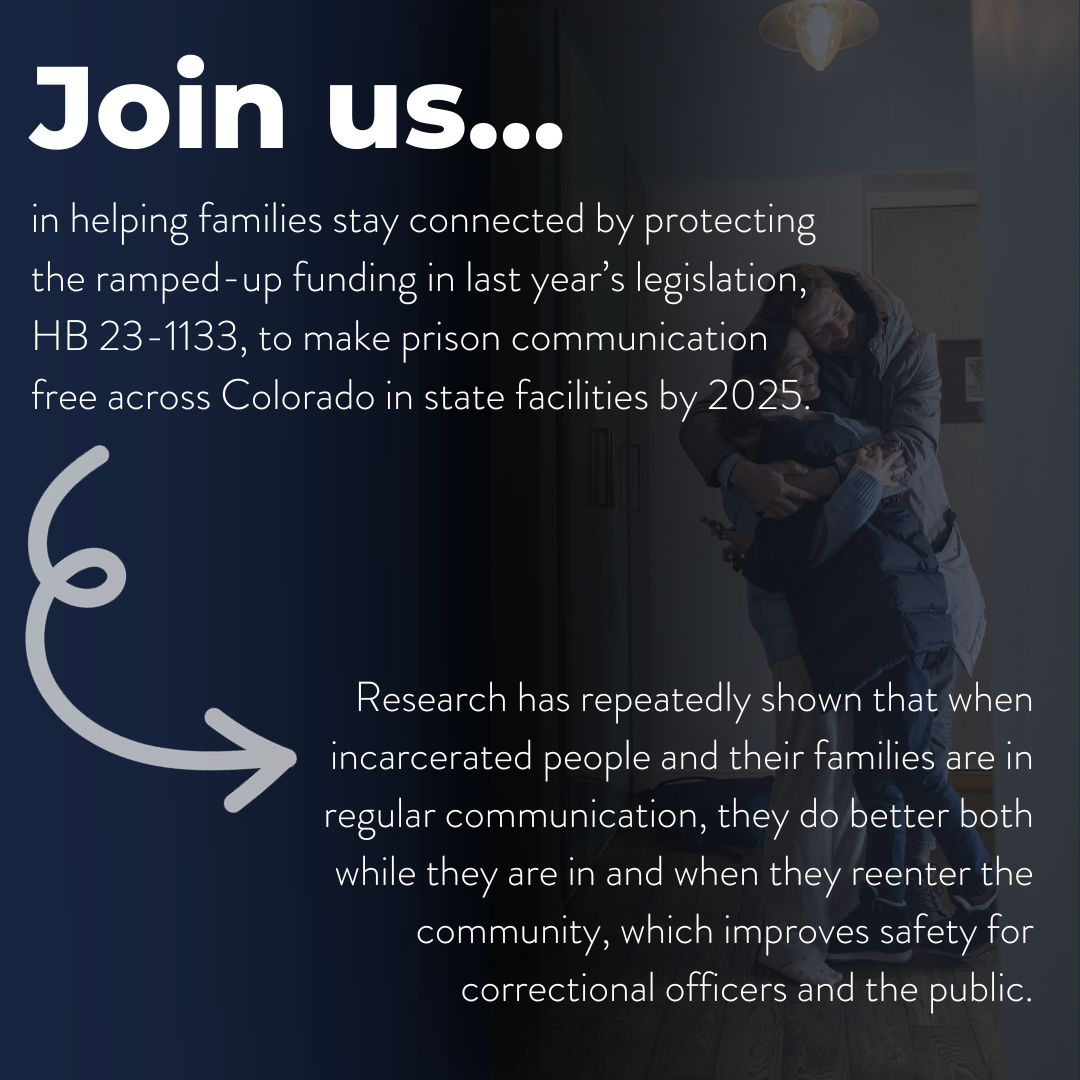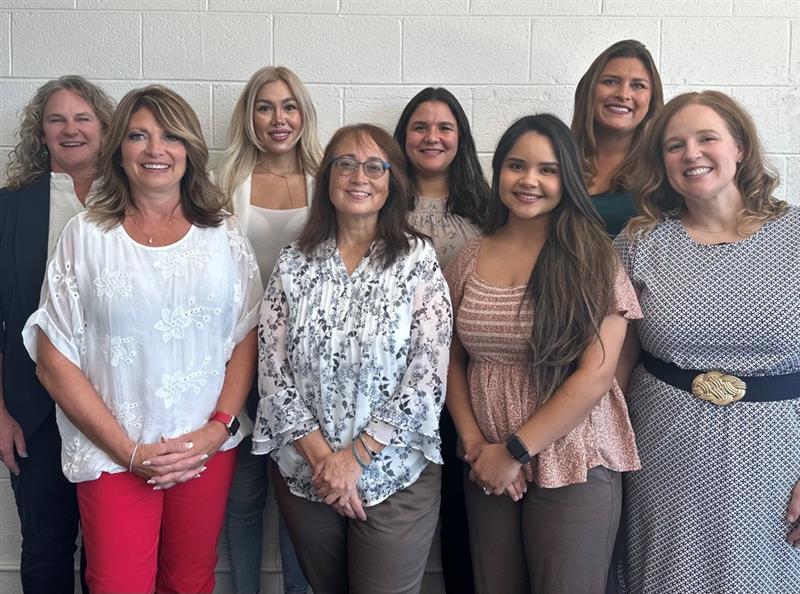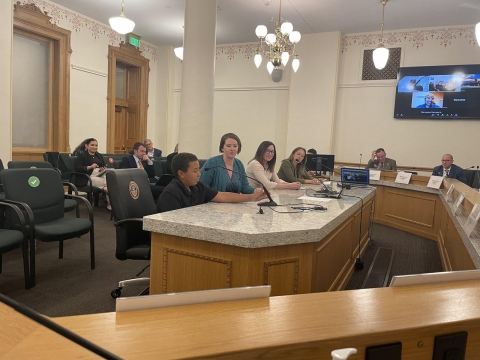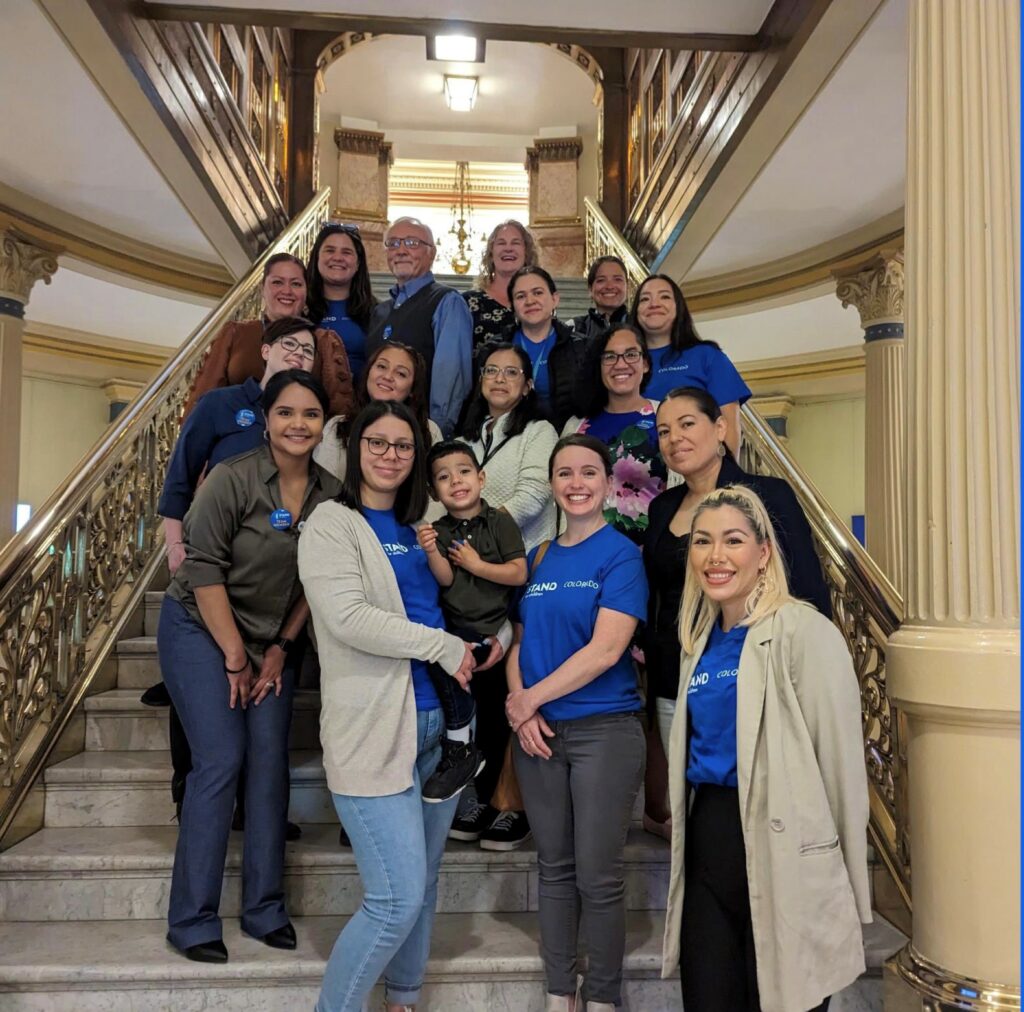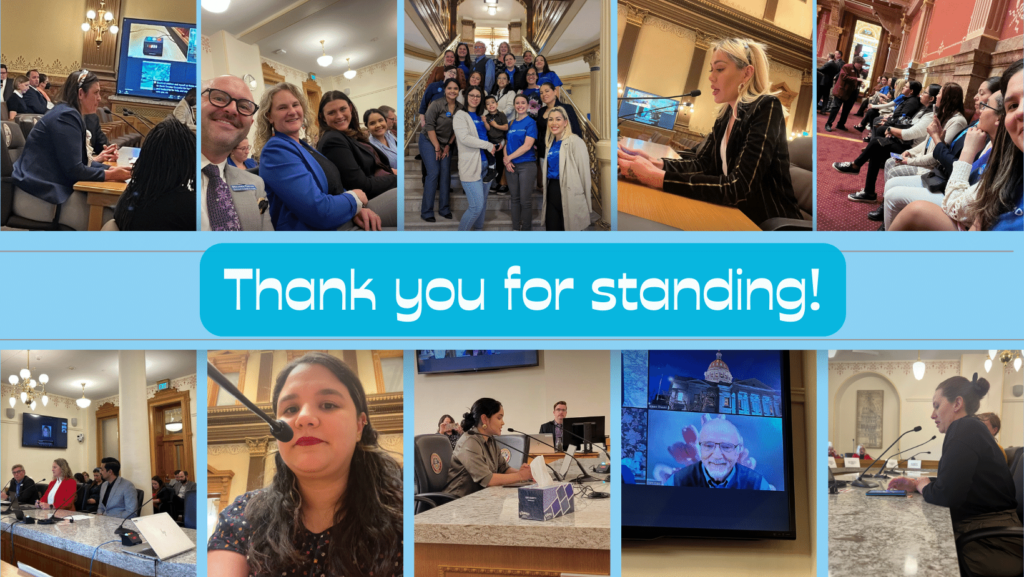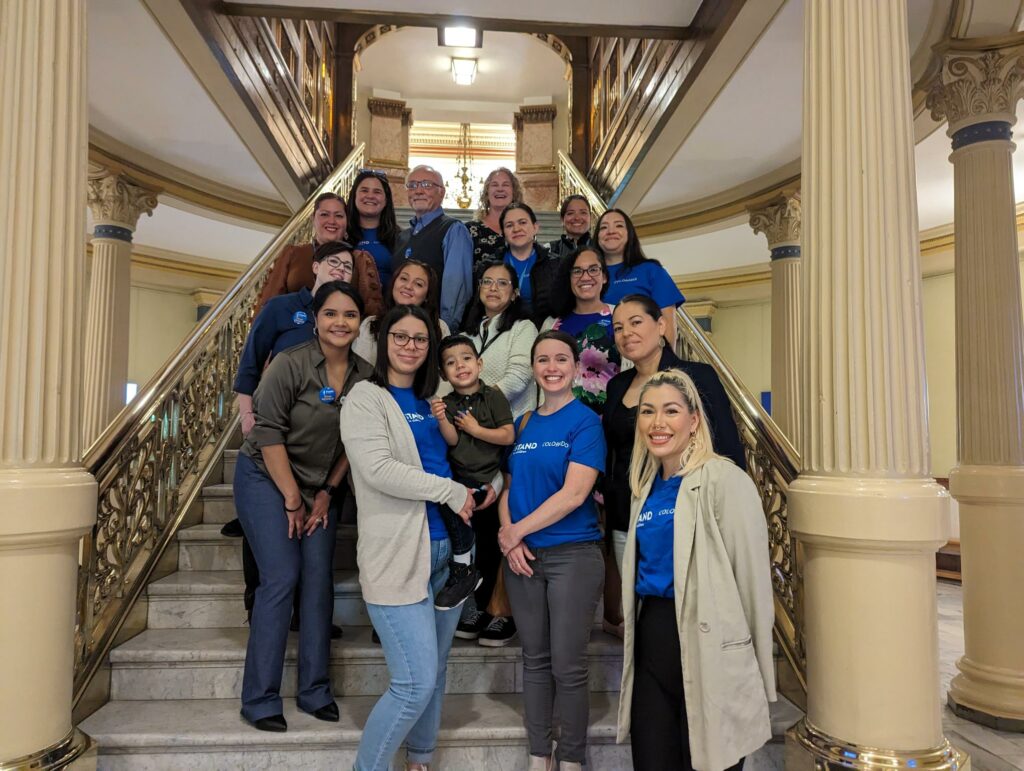The need for mental health supports for Colorado children is greater than ever before, and the legislature is considering legislation to help.
SB24-001, will continue indefinitely, the “I Matter” youth mental health services program which provides up to six free therapy sessions and reimburses participating licensed therapists. SB24-001 was just passed by the Senate Health and Human Services Committee and will be considered by the Senate Appropriations Committee soon.
At a time when there are many things competing for limited resources, Senators need to hear that supporting our children’s mental health is a top priority for you. Children’s Hospital Colorado declared a “state of emergency” in youth mental health in May 2021 due to striking increases in the number of Colorado kids and teens arriving in emergency rooms seeking support in a mental health crisis.
Email your Senator and ask them to support SB24-001.
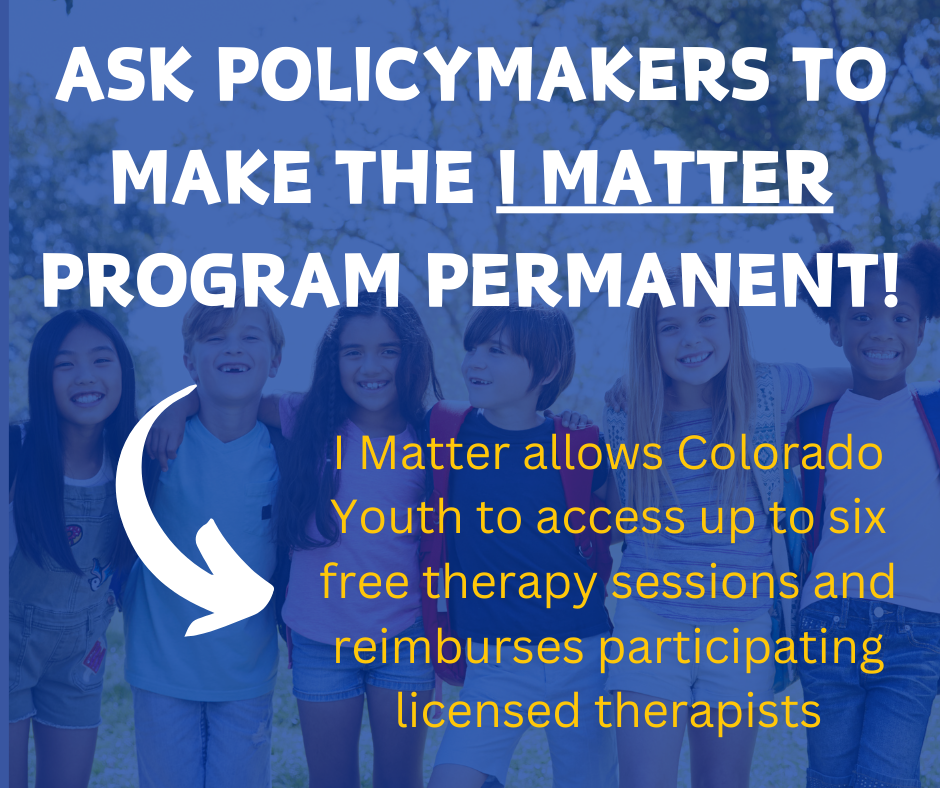
Almost 11,000 children and teens have used the program already. If SB24-001 is not passed, the “I Matter” program will end this summer.





